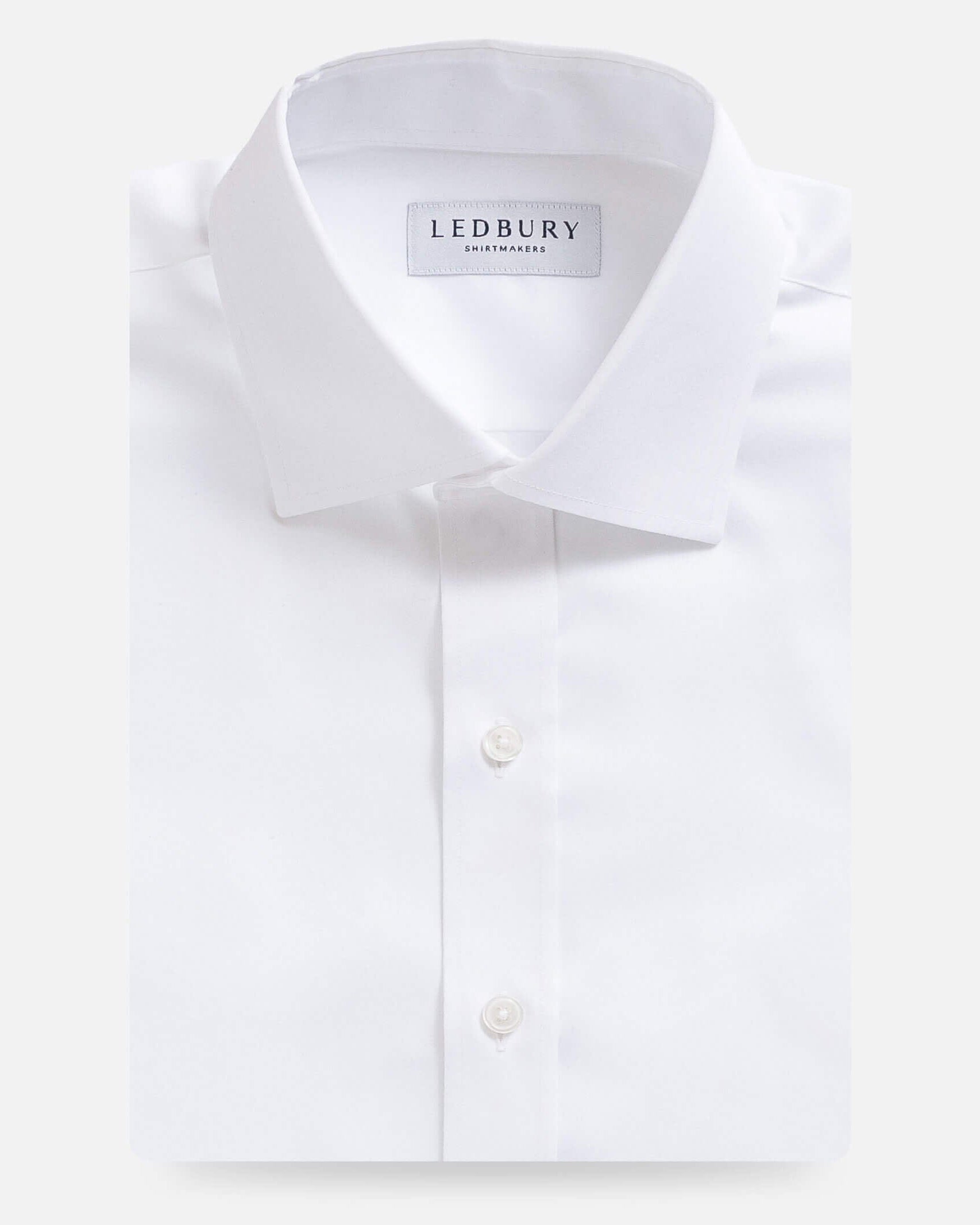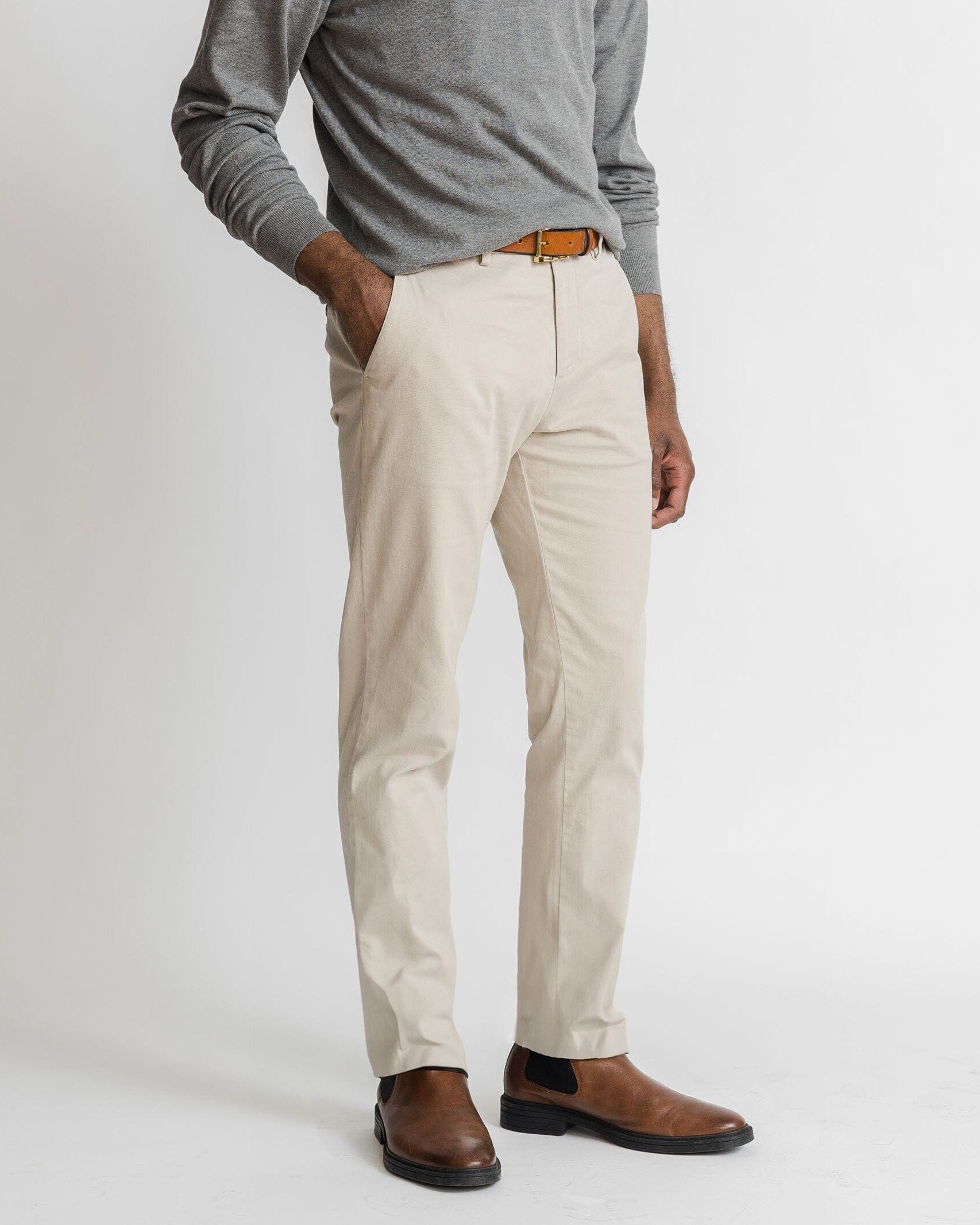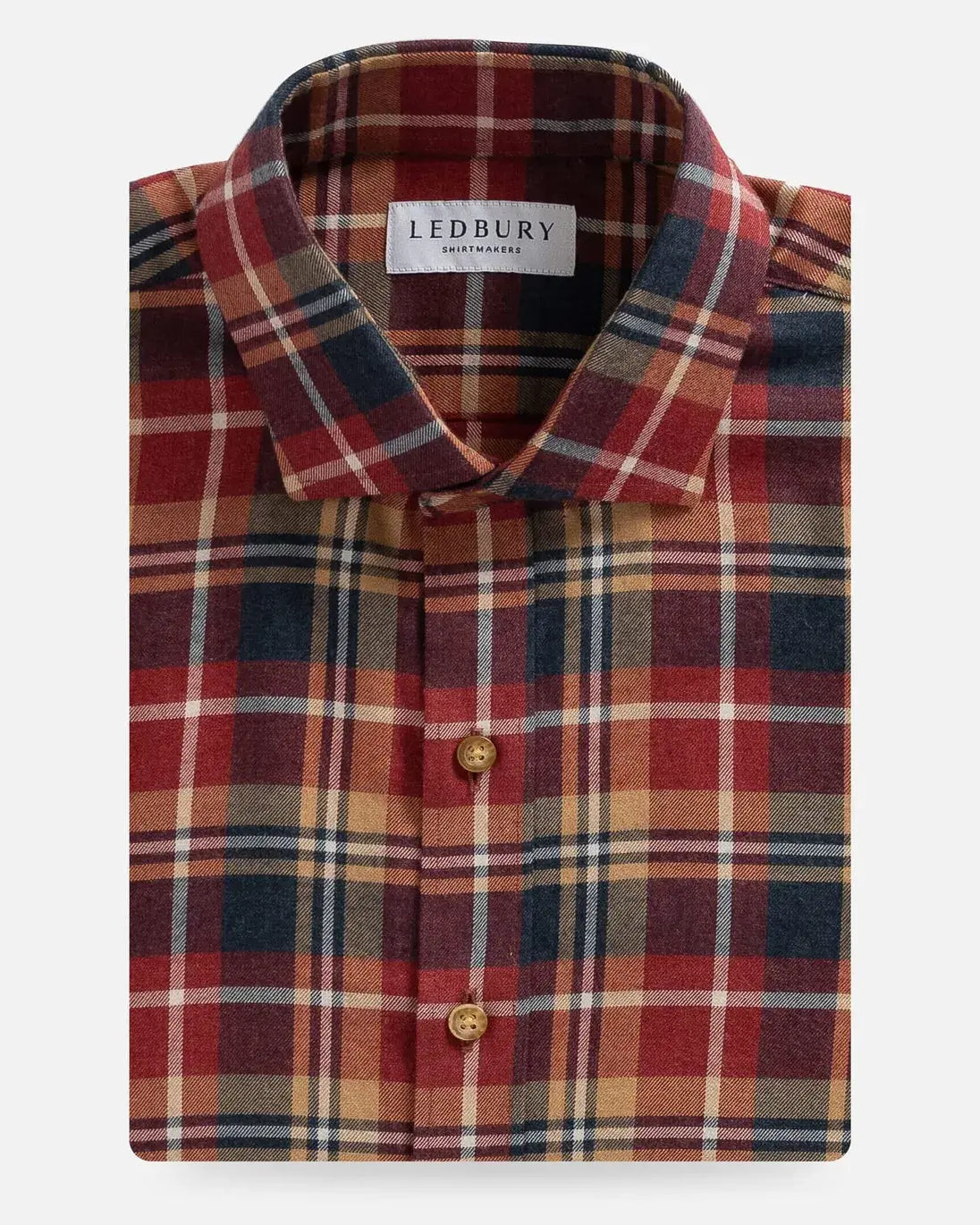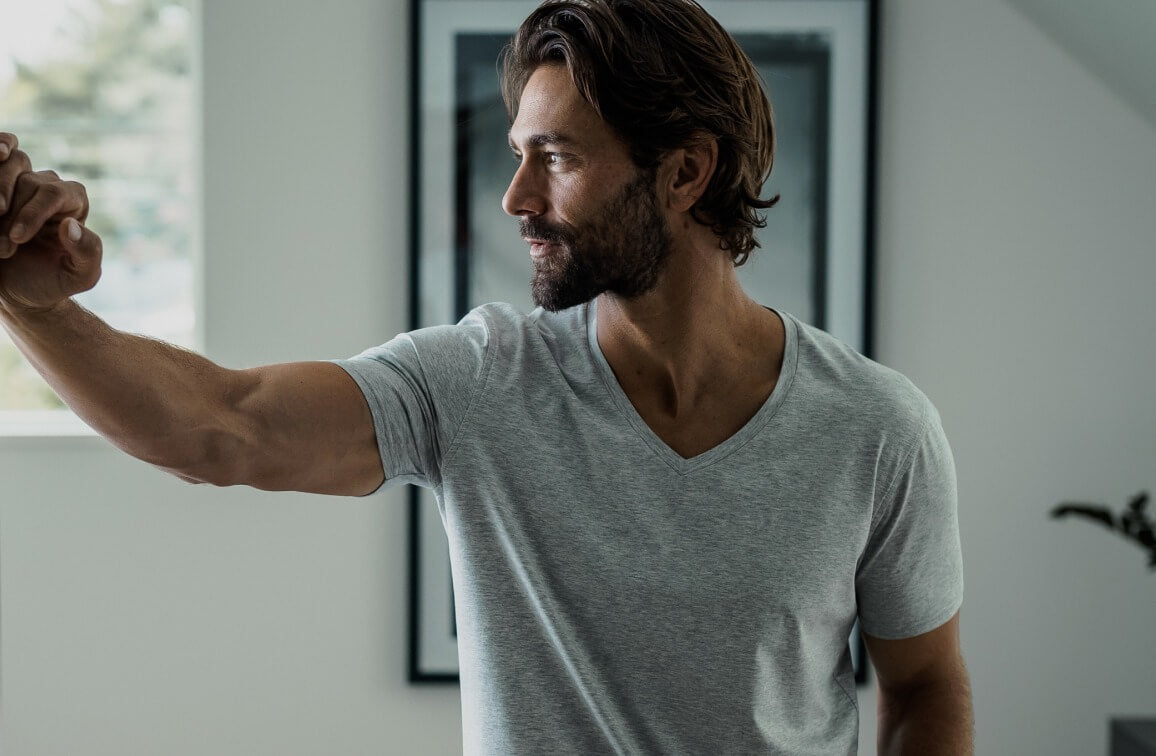







 If you’ve ever put antique tags on an old truck, and there are a few down here in the Ledbury lot, or just drive a beater, then the chances are you’ve got a well-worn tape deck. Or maybe you’re just listening to the engine and trying to figure out what’s about to break next. Anyhow, when you can’t listen to that Willie Nelson and The Family Live tape any longer, you turn to the radio. Around Richmond, there are some pretty decent radio stations, but the most entertaining and consistent choice to tune into is National Public Radio, NPR. From articles and interviews about economics and office culture to updates on the fate of Siracha, NPR covers all the bases.
Established on February 26, 1970 with the passage of the Public Broadcasting Act of 1967, NPR was the answer to what national leaders felt was a lack in noncommercial radio programing. The idea was that NPR could serve as a national production and distribution center for culture, news, and educational programming. The organization started with 30 employees and 90 charter member stations.
The first show to broadcast on NPR was the hour-long drive-time show All Things Considered in 1971. Recently, All Things Considered hosts Melissa Block and Robert Siegel recounted the early days of the show. It was interesting to hear stories of the life and work of the radio show’s inaugural host, Robert Conley. Listen to the radio segment here.
If you’re looking for an accurate description of today’s NPR, their website says it best.
“We've evolved from a secondary to an essential news source, with dozens of bureaus around the world and the nation. Drawing on more than 350 news staff (reporters, correspondents, newscasters, editors, producers hosts and bloggers) in the United States and abroad-from Washington D.C. and New York to Shanghai and Kabul, we have the capacity to stay on top of breaking news, follow the most critical stories of the day and track complex issues over the long-term.”
NPR’s range is impressive. It has gone beyond radio to become a destination for award winning video, music, photo and online content. In short, it is a great example of how to pivot and stay relevant in the digital age.
We took a staff poll of the radio broadcasts on NPR that stood out to us and compiled a list of our favorites:
This American Life
129 Cars
Although distributed through Public Radio International (PRI) but broadcasted on member NPR stations, we felt that we’d be negligent to not mention This American Life. After all, it’s consistently one of the most popular radio shows in the history of public radio. An entry in our long list of favorite episodes is from last fall, when the This American Life team spent a month at a Long Island Jeep dealership, chronicling the car-salesmen’s push to meet their monthly goal of selling 129 cars.
Fresh Air
Tyler Hicks Tells The Story Behind His Pulitzer-Winning Nairobi Mall Photos
Tyler Hicks, photojournalist for the New York Times, recently won a Pulitzer Prize for his coverage of the 2013 terrorist attack by Islamist extremists on the Westgate Mall in Nairobi, Kenya. When the attack began, Hicks rushed into the mall and took pictures as the story unfolded. In the interview with Terry Gross, Hicks talks about photographing during the Westgate Mall terrorist attack and a few other experiences from his spectacular career.
WNYC’s Freakonomics Radio Podcast
How to Think About Money, Choose Your Hometown, and Buy an Electric Toothbrush
This episode of the Freakonomics Radio Podcast takes an economic look at spending habits of younger generations, opportunity costs and the mental accounting research conducted by Richard Thaler.
On the subject of generational spending, guest economist Steve Levitt offers his opinion, “I think, so often, young people don’t consume as much as they should. And they end up really scrimping and saving, and wasting tons of time.”
Radiolab from WNYC
1. Colors
This episode of Radiolab explores the phenomena of color. In the name of science and poetry, hosts Jad Abumrad and Robert Krulwich tear the rainbow to pieces. Spoiler Alert: giant shrimp can see colors that we can’t even imagine as humans. This episode communicates this with an amazing audio choral analogy.
2. Limits
This hour of Radiolab takes a journey to the edge of human limits. This episode questions how much can we jam into the human brain? How far can we push our bodies? And if there’s a finite capacity to human scientific understanding.
TED Radio Hour
1. Is Too Much Collaboration a Bad Thing
Part 4 of the TED Radio Hour episode, Why We Collaborate. This segment features Jason Fried’s TED Talk, “Why Work Doesn’t Happen At Work.” We’re always interested in perspectives that challenge our thinking on the traditional office environment, and Fried’s lecture gives a thoughtful look at productivity, office meetings and the inability to actually work while at work.
2. Does The Subjunctive Have a Darkside
Part 3 of the TED Radio Hour episode, Spoken and Unspoken. This segment features Phuc Tran, and the limits of the use of the subjunctive -- the could’ve, would’ve and should’ve. In English, the subjective allows us to look into the future, or in the past with a “what could’ve happened” attitude. In Tran’s native language, the subjunctive does not exist, and Tran talks about the perplexity of being caught between the two languages of English and his native language of Vietnamese.
NPR Music
1. The National: Tiny Desk Concert
The National crammed around a tiny desk at NPR HQ and performed songs from their most recent album, Trouble Will Find Me. This is a great acoustic performance from one of our favorite bands.
2. Future Islands, Live in Concert
We’ve been long time fans of Future Islands, and we’re so happy to see the recognition that they’ve been receiving in the wake of their performance on the Late Show with David Letterman. NPR Music was on hand to record their sold out show at the 9:30 Club in Washington, D.C. earlier this month. The band’s front-man, Samuel Herring is full of energy and puts on an amazing show.
Drop us a link in the comment section if you know of any broadcasts and online content from NPR that you think we would be interested in.
If you’ve ever put antique tags on an old truck, and there are a few down here in the Ledbury lot, or just drive a beater, then the chances are you’ve got a well-worn tape deck. Or maybe you’re just listening to the engine and trying to figure out what’s about to break next. Anyhow, when you can’t listen to that Willie Nelson and The Family Live tape any longer, you turn to the radio. Around Richmond, there are some pretty decent radio stations, but the most entertaining and consistent choice to tune into is National Public Radio, NPR. From articles and interviews about economics and office culture to updates on the fate of Siracha, NPR covers all the bases.
Established on February 26, 1970 with the passage of the Public Broadcasting Act of 1967, NPR was the answer to what national leaders felt was a lack in noncommercial radio programing. The idea was that NPR could serve as a national production and distribution center for culture, news, and educational programming. The organization started with 30 employees and 90 charter member stations.
The first show to broadcast on NPR was the hour-long drive-time show All Things Considered in 1971. Recently, All Things Considered hosts Melissa Block and Robert Siegel recounted the early days of the show. It was interesting to hear stories of the life and work of the radio show’s inaugural host, Robert Conley. Listen to the radio segment here.
If you’re looking for an accurate description of today’s NPR, their website says it best.
“We've evolved from a secondary to an essential news source, with dozens of bureaus around the world and the nation. Drawing on more than 350 news staff (reporters, correspondents, newscasters, editors, producers hosts and bloggers) in the United States and abroad-from Washington D.C. and New York to Shanghai and Kabul, we have the capacity to stay on top of breaking news, follow the most critical stories of the day and track complex issues over the long-term.”
NPR’s range is impressive. It has gone beyond radio to become a destination for award winning video, music, photo and online content. In short, it is a great example of how to pivot and stay relevant in the digital age.
We took a staff poll of the radio broadcasts on NPR that stood out to us and compiled a list of our favorites:
This American Life
129 Cars
Although distributed through Public Radio International (PRI) but broadcasted on member NPR stations, we felt that we’d be negligent to not mention This American Life. After all, it’s consistently one of the most popular radio shows in the history of public radio. An entry in our long list of favorite episodes is from last fall, when the This American Life team spent a month at a Long Island Jeep dealership, chronicling the car-salesmen’s push to meet their monthly goal of selling 129 cars.
Fresh Air
Tyler Hicks Tells The Story Behind His Pulitzer-Winning Nairobi Mall Photos
Tyler Hicks, photojournalist for the New York Times, recently won a Pulitzer Prize for his coverage of the 2013 terrorist attack by Islamist extremists on the Westgate Mall in Nairobi, Kenya. When the attack began, Hicks rushed into the mall and took pictures as the story unfolded. In the interview with Terry Gross, Hicks talks about photographing during the Westgate Mall terrorist attack and a few other experiences from his spectacular career.
WNYC’s Freakonomics Radio Podcast
How to Think About Money, Choose Your Hometown, and Buy an Electric Toothbrush
This episode of the Freakonomics Radio Podcast takes an economic look at spending habits of younger generations, opportunity costs and the mental accounting research conducted by Richard Thaler.
On the subject of generational spending, guest economist Steve Levitt offers his opinion, “I think, so often, young people don’t consume as much as they should. And they end up really scrimping and saving, and wasting tons of time.”
Radiolab from WNYC
1. Colors
This episode of Radiolab explores the phenomena of color. In the name of science and poetry, hosts Jad Abumrad and Robert Krulwich tear the rainbow to pieces. Spoiler Alert: giant shrimp can see colors that we can’t even imagine as humans. This episode communicates this with an amazing audio choral analogy.
2. Limits
This hour of Radiolab takes a journey to the edge of human limits. This episode questions how much can we jam into the human brain? How far can we push our bodies? And if there’s a finite capacity to human scientific understanding.
TED Radio Hour
1. Is Too Much Collaboration a Bad Thing
Part 4 of the TED Radio Hour episode, Why We Collaborate. This segment features Jason Fried’s TED Talk, “Why Work Doesn’t Happen At Work.” We’re always interested in perspectives that challenge our thinking on the traditional office environment, and Fried’s lecture gives a thoughtful look at productivity, office meetings and the inability to actually work while at work.
2. Does The Subjunctive Have a Darkside
Part 3 of the TED Radio Hour episode, Spoken and Unspoken. This segment features Phuc Tran, and the limits of the use of the subjunctive -- the could’ve, would’ve and should’ve. In English, the subjective allows us to look into the future, or in the past with a “what could’ve happened” attitude. In Tran’s native language, the subjunctive does not exist, and Tran talks about the perplexity of being caught between the two languages of English and his native language of Vietnamese.
NPR Music
1. The National: Tiny Desk Concert
The National crammed around a tiny desk at NPR HQ and performed songs from their most recent album, Trouble Will Find Me. This is a great acoustic performance from one of our favorite bands.
2. Future Islands, Live in Concert
We’ve been long time fans of Future Islands, and we’re so happy to see the recognition that they’ve been receiving in the wake of their performance on the Late Show with David Letterman. NPR Music was on hand to record their sold out show at the 9:30 Club in Washington, D.C. earlier this month. The band’s front-man, Samuel Herring is full of energy and puts on an amazing show.
Drop us a link in the comment section if you know of any broadcasts and online content from NPR that you think we would be interested in.
NPR is a leader across broadcast and digital platforms, and we value the service that it provides. We’re proud to have become a sponsor. Listen for our spots during All Things Considered throughout the coming weeks.











